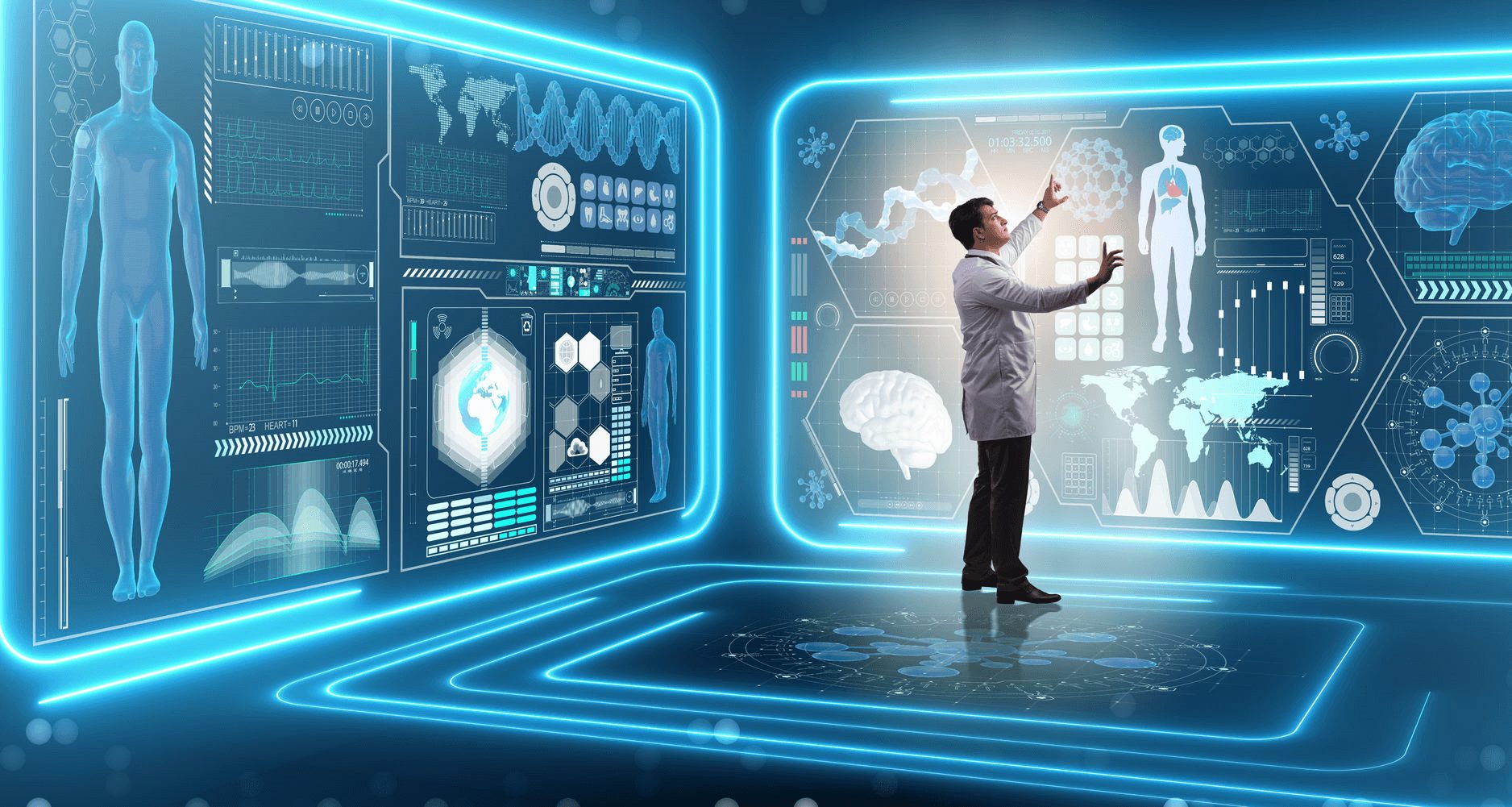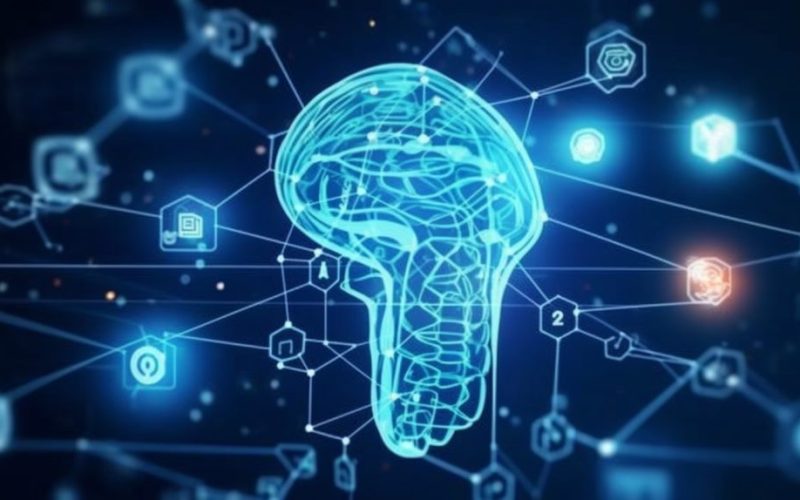The healthcare industry has always been at the forefront of technological advancement, with each innovation promising to improve patient care and outcomes. In recent years, artificial intelligence (AI) has emerged as a transformative force in healthcare, reshaping the way we diagnose and treat diseases. This article explores the future of healthcare and how AI is revolutionizing diagnosis and treatment.
AI-Powered Diagnosis: A Game Changer
One of the most promising applications of AI in healthcare is its ability to assist in medical diagnosis. Traditional diagnostic methods often rely on the expertise of healthcare professionals and can be time-consuming and prone to errors. AI, on the other hand, can analyze vast amounts of medical data quickly and accurately.
Machine learning algorithms can sift through patient records, medical images, and even genetic data to identify patterns and anomalies that might be missed by human doctors. For example, AI systems can analyze medical images like X-rays and MRIs to detect early signs of diseases such as cancer, enabling earlier intervention and better outcomes.
Treatment Personalization with AI
AI is also revolutionizing treatment plans by tailoring them to individual patients. Treatment personalization has the potential to significantly improve patient outcomes, as it considers the unique characteristics and needs of each patient. Machine learning algorithms can analyze a patient’s medical history, genetics, and lifestyle factors to recommend the most effective treatment options.
For instance, in oncology, AI can help oncologists select the most suitable chemotherapy regimen based on a patient’s genetic profile, minimizing side effects and improving the chances of success. In the future, we can expect AI to play an even larger role in drug discovery and development, speeding up the process of bringing new treatments to market.
Remote Monitoring and Telemedicine
AI-powered devices and applications are enabling remote monitoring of patients’ health. Wearable devices, such as fitness trackers and smartwatches, can collect real-time data on a person’s vital signs, activity levels, and sleep patterns. AI algorithms can analyze this data to detect early warning signs of health problems and alert both patients and healthcare providers.
Telemedicine, which has gained significant traction in recent years, is also benefiting from AI. Virtual consultations with healthcare professionals can be enhanced with AI-driven tools that assist in diagnosing common ailments and recommending appropriate treatments. This not only improves access to healthcare but also reduces the burden on healthcare facilities.
Challenges and Concerns
While AI holds immense promise in healthcare, it also comes with challenges and ethical considerations. Ensuring patient data privacy and security is paramount, as AI systems require access to sensitive medical information. Additionally, there are concerns about the potential for bias in AI algorithms, which could lead to disparities in healthcare outcomes for different demographic groups.
Conclusion
The future of healthcare is undoubtedly intertwined with the advancements in artificial intelligence. AI has the potential to revolutionize diagnosis and treatment, making healthcare more accurate, personalized, and accessible. However, it is crucial to address the ethical considerations and challenges associated with AI implementation to ensure that it benefits all patients and leads to better overall healthcare outcomes.

